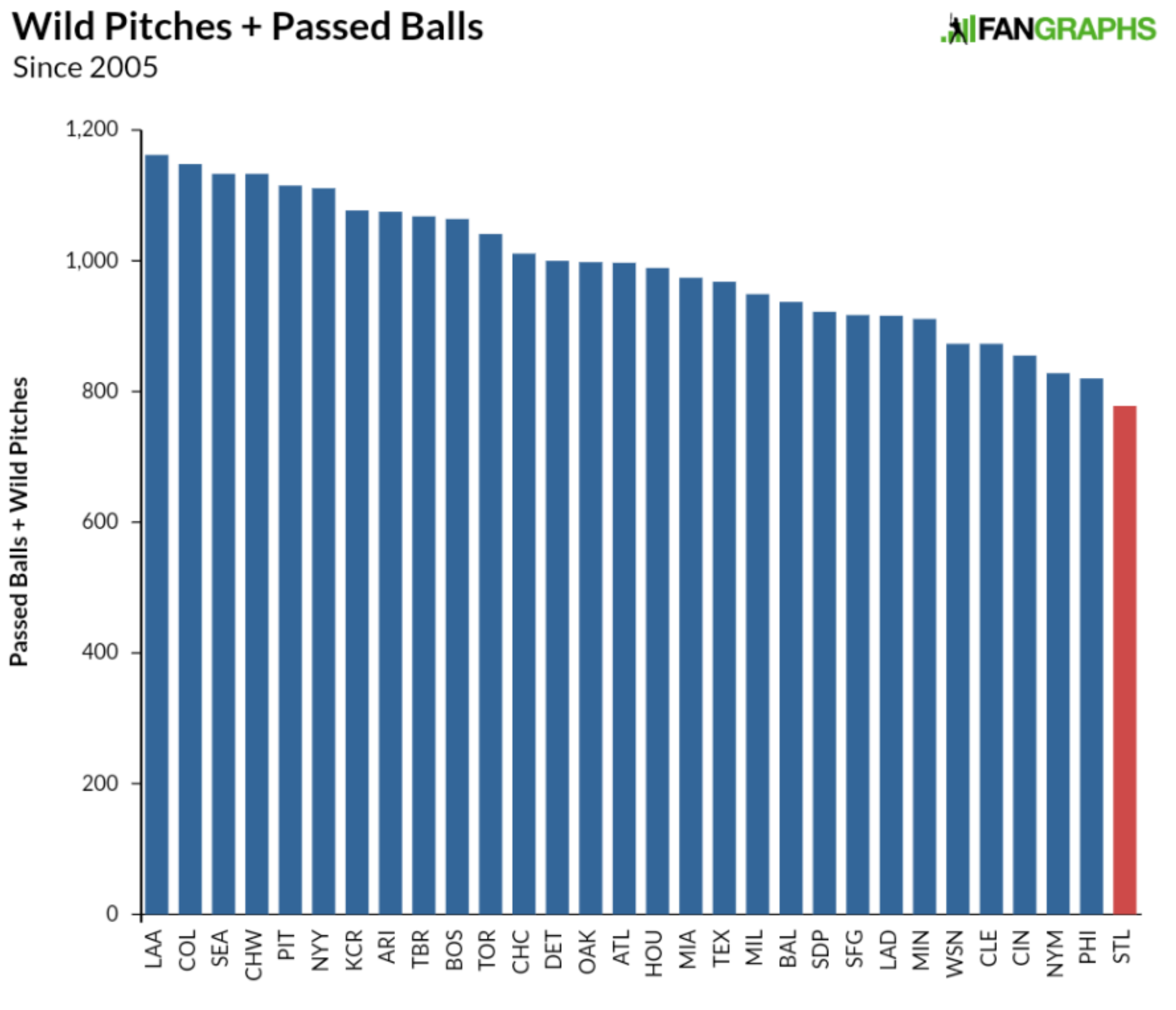Please note, this posting contains multiple positions.
Title: Quantitative Analyst
Department: Baseball Research & Development
Reports to: Director, Baseball Research & Development
Status: Regular Full-Time
Position Overview:
As a Quantitative Analyst (QA), you help shape The Phillies Baseball Operations strategies by processing, analyzing, and interpreting large and complex data. You do more than just crunch the numbers; you carefully plan the design of your own studies by asking and answering the right questions, while also working collaboratively with other analysts and software engineers on larger projects.
Using analytical rigor, you work with your team as you mine through data and see opportunities for The Phillies to improve. After communicating the results of your studies and experiments to the GM and executive staff, you collaborate with front office executives, scouts, coaches, and trainers to incorporate your findings into Phillies practices. Identifying the challenge is only half the job; you also work to figure out and implement the solution.
Responsibilities:
- Conduct statistical research projects and manage the integration of their outputs into our proprietary tools and applications (e.g., performance projections, player valuations, draft assessments, injury analyses, etc.)
- Communicate with front office executives, scouts, coaches, and medical staff to design and interpret statistical studies
- Assist the rest of the QA team with their projects by providing guidance and feedback on your areas of expertise within baseball, statistics, data visualization, and programming
- Continually enhance your knowledge of baseball and data science through reading, research, and discussion with your teammates and the rest of the front office
- Provide input in architecting the storage of baseball data
Required Qualifications:
- Deep understanding of statistics, including supervised and unsupervised learning, regularization, model assessment and selection, model inference and averaging, ensemble methods, etc.
- Meaningful work experience with statistical software (R, S-Plus, SAS, or similar), databases, and scripting languages such as Python
- Proven willingness to both teach others and learn new techniques
- Willingness to work as part of a team on complex projects
- Proven leadership and self-direction
Preferred Qualifications:
- BS, MS or PhD in Statistics or related (e.g., mathematics, physics, or ops research) or equivalent practical experience
- 0-5+ years of relevant work experience
- Experience drawing conclusions from data, communicating those conclusions to decision makers, and recommending actions
Title: Quantitative Analyst Associate
Department: Baseball Research & Development
Reports to: Director, Baseball Research & Development
Status: Hourly Part-Time Seasonal
Position Overview:
As a Quantitative Analyst (QA) Associate, you help shape The Phillies Baseball Operations strategies by processing, analyzing, and interpreting large and complex data. You do more than just crunch the numbers; you carefully plan the design of your own studies by asking and answering the right questions, while also working collaboratively with other analysts and software engineers on larger projects.
Using analytical rigor, you work with your team as you mine through data and see opportunities for The Phillies to improve. After communicating the results of your studies and experiments to the GM and executive staff, you collaborate with front office executives, scouts, coaches, and trainers to incorporate your findings into Phillies practices. Identifying the challenge is only half the job; you also work to figure out and implement the solution.
Responsibilities:
- Conduct statistical research projects and manage the integration of their outputs into our proprietary tools and applications (e.g., performance projections, player valuations, draft assessments, injury analyses, etc.)
- Communicate with front office executives, scouts, coaches, and medical staff to design and interpret statistical studies
- Assist the rest of the QA team with their projects by providing guidance and feedback on your areas of expertise within baseball, statistics, data visualization, and programming
- Continually enhance your knowledge of baseball and data science through reading, research, and discussion with your teammates and the rest of the front office
- Provide input in architecting the storage of baseball data
Required Qualifications:
- Deep understanding of statistics, including supervised and unsupervised learning, regularization, model assessment and selection, model inference and averaging, ensemble methods, etc.
- Meaningful work experience with statistical software (R, S-Plus, SAS, or similar), databases, and scripting languages such as Python
- Proven willingness to both teach others and learn new techniques
- Willingness to work as part of a team on complex projects
- Proven leadership and self-direction
Preferred Qualifications:
- Possess or are pursuing a BS, MS or PhD in Statistics or related (e.g., mathematics, physics, or ops research) or equivalent practical experience
- 0-5+ years of relevant work experience
- Experience drawing conclusions from data, communicating those conclusions to decision makers, and recommending actions
To Apply:
Interested applicants for the Quantitative Analyst and Quantitative Analyst Associate positions should submit both their resume and an answer to the following question:
Suppose you could trade your top pitching prospect (currently in a lower minor league level) for a young, all-star position player currently in the Major Leagues. How would you decide whether to make the trade? (250 word limit)
Tip: There’s no defined right or wrong answer. Responses are used to get some insight into how you approach problem solving and baseball in general.
Please submit your resume and question response to analytics@phillies.com no later than Sunday, October 13, 2019. Applications not sent to analytics@phillies.com will not be considered.
The Phillies is an Equal Opportunity Employer.
The content in this posting was created and provided solely by the Philadelphia Phillies.


